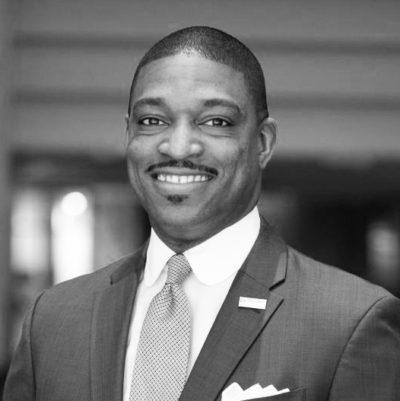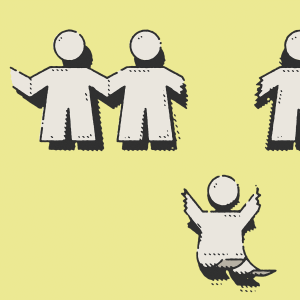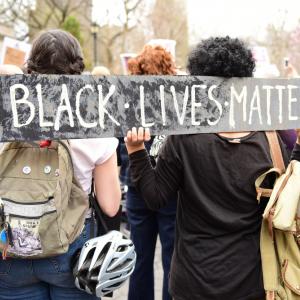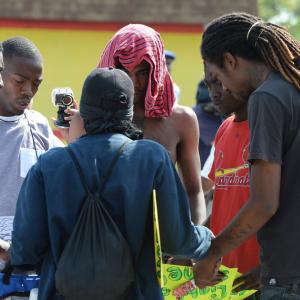
Rev. Starsky Wilson is president of the Children's Defense Fund, which convenes the annual Samuel DeWitt Proctor Institute for Child Advocacy Ministry.
Posts By This Author
U.S. Children Are in Crisis—Relief Must be Permanent
ONE OF THE most most frustrating times as a parent was when one of my toddlers would begin to cry and I was in the next room. Of course, I would rush right over. But once I got there, I wasn’t sure whether they were sick or had bumped into the couch. Between the pain, early language development, and their weeping, it was hard to diagnose the situation. I relied on a question my toddler could answer by pointing: “Where does it hurt?”
As we—adults, parents, faith leaders, and communities—rush to enter a post-pandemic reality, we would do well to pause and ask young people how the last year and a half has impacted them. Patient listening may lead to prophetic grief. As the prophet Jeremiah reminds, “For the hurt of my poor people I am hurt, I mourn, and dismay has taken hold of me” (8:21).
For 30 years, the Children’s Defense Fund (CDF) has plumbed the best available research to answer this question for young people: Where does it hurt? CDF’s “State of America’s Children” report, released this spring, analyzes this data and paints a picture of child well-being and our challenges ahead. The information makes clear that our children have not been immune to the crises of public health and racial injustice we have faced. As of February of this year, 13 percent of the COVID-19 cases in the U.S. were children. They are hurting physically, socially, emotionally, and economically.
Sometimes a Week is Just a Week
PEOPLE HAVE CALLED me a lot of things: Host pastor of the #BlackLivesMatter freedom ride; student of teenage and Millennial activists; leader of a state commission advocating policy change; bail negotiator; street agitator; and militant mediator. Since the Holy Spirit was poured out onto the streets of Ferguson, Mo., and St. Louis in the wake of Michael Brown’s death, I’ve been called and challenged to play these roles—and more.
Yes, I did say the Holy Spirit. The same Spirit that fell at Pentecost as a dynamic demonstration of God’s power to overcome the barriers of language, ethnicity, gender, class, and sexual orientation. The Spirit of hope that caused a community once rebuked for its broken dialect to speak with one voice. The Spirit of holiness that enabled a people dismissed for “drunkenness” (see Acts 2:15) to form the first fruits of the church.
We may have missed it because those the Spirit fell on nearly a year ago weren’t wearing robes and stoles, but hoodies and bandanas. They weren’t singing anthems and hymns, but chanting what some would call obscenities. They weren’t called saints and disciples by the media, but thugs and outside agitators.
But last summer, in the week between Michael Brown’s death on Aug. 9 and Missouri Gov. Jay Nixon’s declaration of a state of emergency on Aug. 16, the Spirit was poured upon “all flesh” and our sons and daughters began to prophesy.
Pentecost and the Power for [Socioeconomic] Reconciliation
Socioeconomic reconciliation is the removal of gaps in opportunity, achievement, health, thriving, and well-being that exist between groups of people in our nation and world. In the face of myriad breaches of the common human bond and experience, a breakthrough act of the Spirit today would activate and agitate the established church in her ministry: a ministry of socioeconomic reconciliation.
The ministry of socioeconomic reconciliation will require a church empowered with tongues of fire and the gift of interpretation. These tongues must speak with a prophetic voice. But we must also have the heart and capacity to translate the words of marginalized communities into the language of policy, power, and program. That is why I thank God for the compelling, confusing roles I’ve been called into over the last nine months. This form of reconciliation requires the church to fulfill of the vocation of the militant mediator, which offers as much renewal in the streets and city hall as we experience in the sanctuary.


